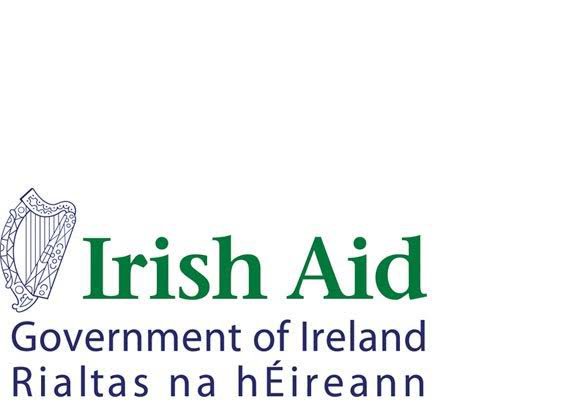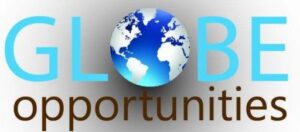
Deadline: September 13, 2020
Ireland Fellows Programme for Africans to Study in Ireland 2021/22: Applications are invited from qualified candidates from eligible African countries to apply for the Ireland Fellows Programme to Study in Ireland for the 2021/22 Cycle. The Ireland Fellows Programme enables early to mid-career professionals from eligible countries, with leadership potential, to benefit from a prestigious, world-class, quality education contributing to capacity building. It offers selected students the opportunity to undertake a fully funded one-year master’s level programme at a higher education institution (HEI) in Ireland.
Eligible master’s level programmes in Ireland commence in August or September each year and, depending on the programme, will run for between 10 and 16 months. The Ireland Fellows Programme promotes equal opportunity and welcomes diversity. The aims of the Programme are to nurture future leaders; to develop in-country capacity to achieve national SDG goals; and to build positive relationships with Ireland.
On return home, graduates are expected to bring their acquired skills to contribute to capacity building in their home countries. It is also envisaged that they will contribute to building enduring positive personal and professional relationships with Ireland, promoting institutional linkages.
Benefits:
- Tuition fees, Flights, accommodation and living costs.
Eligible Courses:
- Eligible courses are in areas such as agriculture, health, education, human rights, computer science, engineering, business and more, and are listed in a Directory of Eligible Programmes each year when applications open.
Eligibilities:
To be considered for the Ireland Fellows Programme for Africans to Study in Ireland 2020/21, applicants are to meet the following criteria:
- Applicants must be nationals of the countries eligible for the programme.
- Applicants must possess a minimum of two or three years’ work experience that is directly relevant to their proposed programme(s) of study (this can include internships).
- Hold a bachelor’s level academic qualification from an accredited and government-recognised higher education institution, with a minimum grade point average of 3.0 (4.0 scale) – i.e. a first class honour, or second class honour, Grade 1 (in some cases a second class honour Grade 2 may be accepted, if the applicant has sufficient directly relevant work experience).
- Not already hold a qualification, have started a programme, or be due to start a programme in the academic year 2020/21, at master’s level or higher.
- Be applying to commence a new programme at master’s level in Ireland no sooner than August 2021.
- Be able to demonstrate leadership abilities and aspirations, as well as commitment to the achievement of the SDGs within your own country.
- Have identified and selected three relevant programmes from the Directory of Eligible Programmes.
- Have a clear understanding of the academic and English language proficiencies required for all programmes chosen.
- Must not have applied to the Ireland Fellows Programme on more than one previous occasion.
- Be in a position to take up the Fellowship in the academic year 2021/2022.
Eligible Countries:
Eritrea, Ethiopia, Kenya, Lesotho, Liberia, Malawi, Mozambique, Rwanda, Sierra Leone, Somalia, South-Sudan, Sudan, Tanzania, Uganda, Zambia, Zimbabwe.
In addition, please note that applications in the following participating countries are by invitation only:
Ethiopia
Eritrea
Kenya
Liberia
Malawi
Rwanda
Sierra Leone
Somalia
Sudan
Tanzania
Uganda
Zambia
This means that fellowships in these countries are restricted to the staff of government departments and NGOs which work in partnership with Irish Aid, and to personnel of organisations that are aligned with Irish Aid’s development strategy in their country which have already been identified by the Embassy of Ireland. Applications from outside these partnerships will not be eligible.
How to apply:
The application process consists of three stages:
Stage 1 Preliminary Application;
Stage 2 Detailed Application;
Stage 3 Interviews.
All applicants who are selected to progress after the second stage will be required to sit an online Duolingo English Test. If shortlisted after the interview stage, all applicants will be required to take another English language test, normally the IELTS exam, unless they are already in possession of an IELTS certificate that is dated 2019 or later which shows the applicant has achieved the necessary score for the course(s) they intend to apply to. Early preparation for the IELTS exam is strongly advised, even for native English speakers.


